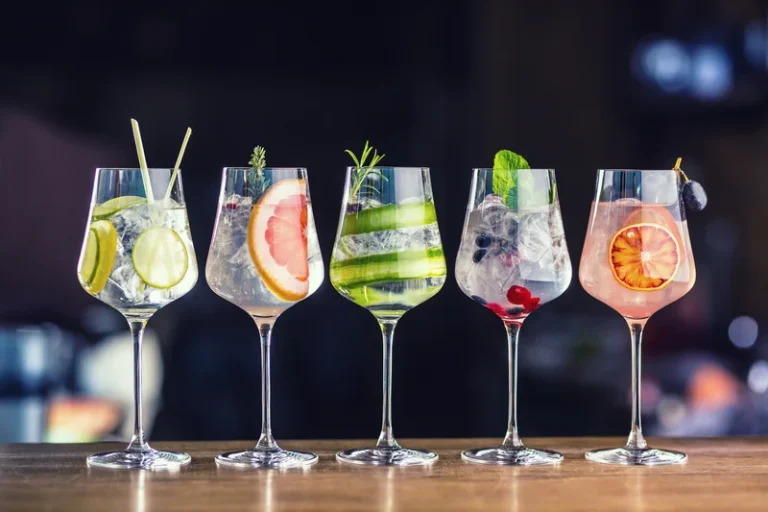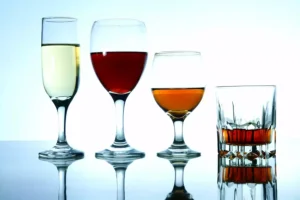
As the addicted person becomes more focused on their addiction, they may resort to lying to protect their partner from getting hurt or to feel free to use drugs without judgment. Supporting your partner in recovery is a vital aspect of a loving relationship. Encouraging treatment and therapy can be instrumental in helping them maintain their sobriety. Being a source of emotional support, understanding, and empathy can make a significant difference in their recovery journey.

The Three Phases of Alcoholism
Growing up in a home where alcohol use is common can leave lasting scars. If you have children, it’s important to protect them from unacceptable behavior as well. But the reality is that not even the person dependent on alcohol can control their drinking, try as they may.
- By incorporating individual self-care and self-reflection practices, you can navigate the challenges of being in a relationship with an addict with resilience and clarity.
- Many people don’t realize they’re struggling with relationship addiction until they’ve experienced multiple failed relationships with similar patterns.
- Once you can really grasp the reality of this concept and live by it, your life will become much easier.
- However, you can let them know that you are very willing to be there for them as soon as they are ready to work on resolving their problems.
- Addiction is characterized by compulsive drug use despite harmful consequences.
Don’t Enable Their Behavior
- This can be challenging, but it is necessary if you want to heal yourself and your relationship.
- Research has indicated that as much as 50% of individuals with substance use disorders may have a co-occurring mental health disorder.
- Natural consequences may mean that you refuse to spend any time with the person dependent on alcohol.
“’Love addiction’ is a process ‘addiction,’ lifestyle ‘addiction,’ or a soft ‘addiction,’” says Sherry Gaba, LCSW, a psychotherapist and love addiction specialist in Southern California. Addictive substances, including alcohol, nicotine, and many recreational drugs, trigger the release of a feel-good brain chemical called dopamine, and evidence suggests love can do the same. Although experts agree across the board that you can’t actually become being in love with an addict addicted to relationships, or love in general, many relationship and post-breakup patterns can certainly resemble addiction. Do you mostly only feel positive emotions when in love or with a significant other? Do you move from relationship to relationship, not out of fear of being alone, but from an overwhelming or insatiable desire to feel loved? Experts do recognize that certain patterns of behavior can become problematic, even addictive.

Building Healthy Relationships

You may need to work with a therapist to help you both reestablish the much-needed trust your relationship needs to thrive. Inpatient rehab may be a short-term solution, while counseling and health coaching can be long-term options. During recovery, help and accountability from friends and loved ones may also be needed. To understand how to live with a loved one who has an addiction, it’s important to first learn the driving forces behind the addiction itself. Read on to learn how to overcome the challenges that can occur when living with a loved one with addiction, along with how to care for them — and yourself.

Codependency
Although we cannot tell you the perfect time or way to leave a spouse suffering from a substance use disorder, speaking with a trained mental health professional, such as a therapist, might offer you more insight. When a person is abusing drugs or alcohol, they may not be ready to accept their need for treatment until they’ve suffered severe negative consequences. But if you lie for them, or blame other people or difficult life situations for their troubles, you’ll make it easier for them to avoid those consequences and remain trapped in denial. When you’re trapped in a codependent relationship, you’ll never feel empowered. This is especially true if your partner has substance abuse issues, which makes your future even more uncertain and unpredictable.
- Sarah’s unwavering support played a significant role in John’s decision to seek treatment and recover.
- Healthcare providers diagnose and treat this issue similarly to other forms of addiction, generally with therapy.
- This question plagues many relationships where substance abuse takes center stage, overshadowing the emotional connection between partners.
